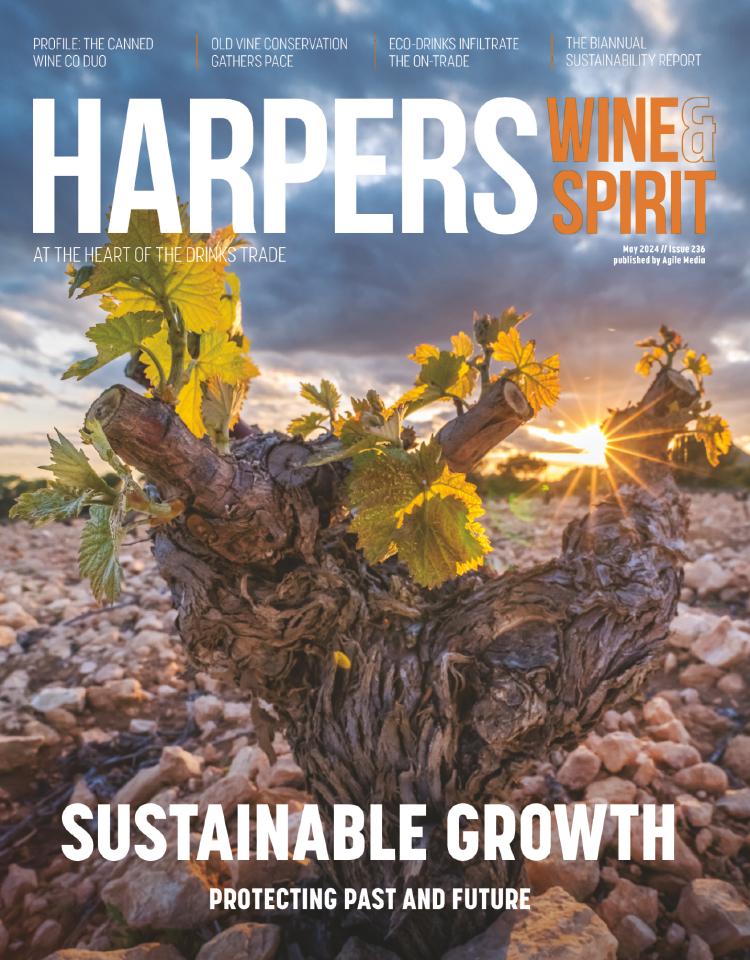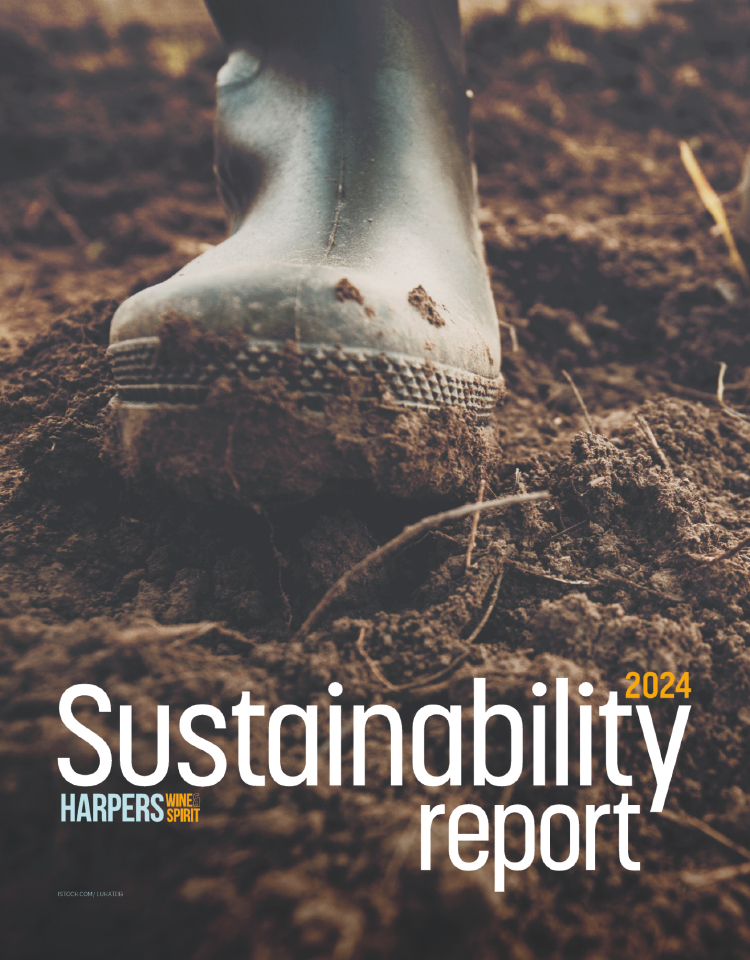
Staff shortages affect 45% of wine industry Prowein finds
According to new research published by Prowein, 45% of businesses in the wine industry have been affected by staff shortages over the last two years.
The issue has been felt even more acutely on the production side, with 50% of all wine producers surveyed by Prowein affected due to the seasonality of the work involved, including the harvest and vegetation periods.
The situation is slightly different for importers, distributors, exporters and wine merchants – at 32% to 36%, respectively, they are comparatively less affected by the labour shortage because they are not subject to seasonal fluctuations and work relatively normal hours.
In the report, almost two out of three wineries (63%) said they lack temporary workers during the harvesting or the holiday seasons, which bring the greatest rush of tourists. Traditionally, they have been able to fall back on students and retirees during the labour-intensive grape harvest season. However, the higher retirement age and increased wages offered by other sectors have made recruitment challenging.
Furthermore, in the past, central European countries and regions like Germany, Austria and Northern Italy have often hired workers from eastern Europe, but, in recent years, income opportunities have also become far more attractive in workers’ home countries. Add to this the fact that emerging countries in eastern Europe are also facing severe staff shortages.
The shortage of seasonal workers is also severe among wine producers in Portugal (94%), Spain (77%) and California (73%). For the most part, skilled workers in those areas require a qualified professional degree. Since craftspeople and skilled industrial workers are in short supply in most industries anyway, wineries frequently compete with much more solvent industries.
As a result, three out of four co-ops said they were affected by staff shortages in wine production. At 43%, this shortfall is not quite as pronounced at wine-growing estates, because they can recruit family members to perform the work – especially at smaller operations.
However, shortages are especially pronounced in France, where 77% of wineries are looking for skilled staff for the cellar, followed by California, (67%) and Germany, Austria and Portugal (50%).
Consequently, the staff shortages are now impacting the industry’s long-term development. Some 36% of companies were unable to use new business opportunities or had to cut back on planned growth. One in four companies, especially wine estates (32%) and hotels (33%), said they had to outsource specific jobs to third-party service providers due to a lack of sufficient in-house staff.
Moving forward, 70% of respondents feel that the higher salaries paid in other industries will entail further staff losses. Every other respondent also states the low profitability of the wine industry as a reason for shortages, because it limits the sector’s attractiveness. On the flip side, 51% of companies view proximity to nature and to the natural product that is wine as a chance to make this sector attractive for prospective future employees.
To further mitigate these challenges, the industry needs to stand its ground in the competition for skilled labour by offering appropriate remuneration and good working conditions and by promoting wine’s fun factor, especially in a world that is growing more accustomed to working from home with extended screen time.









